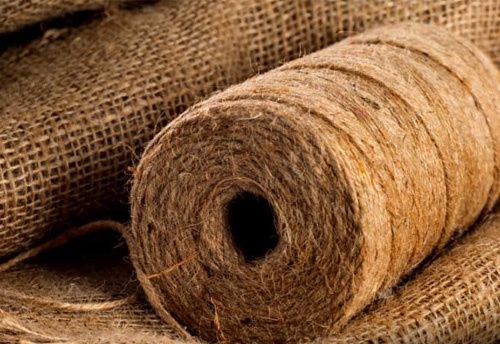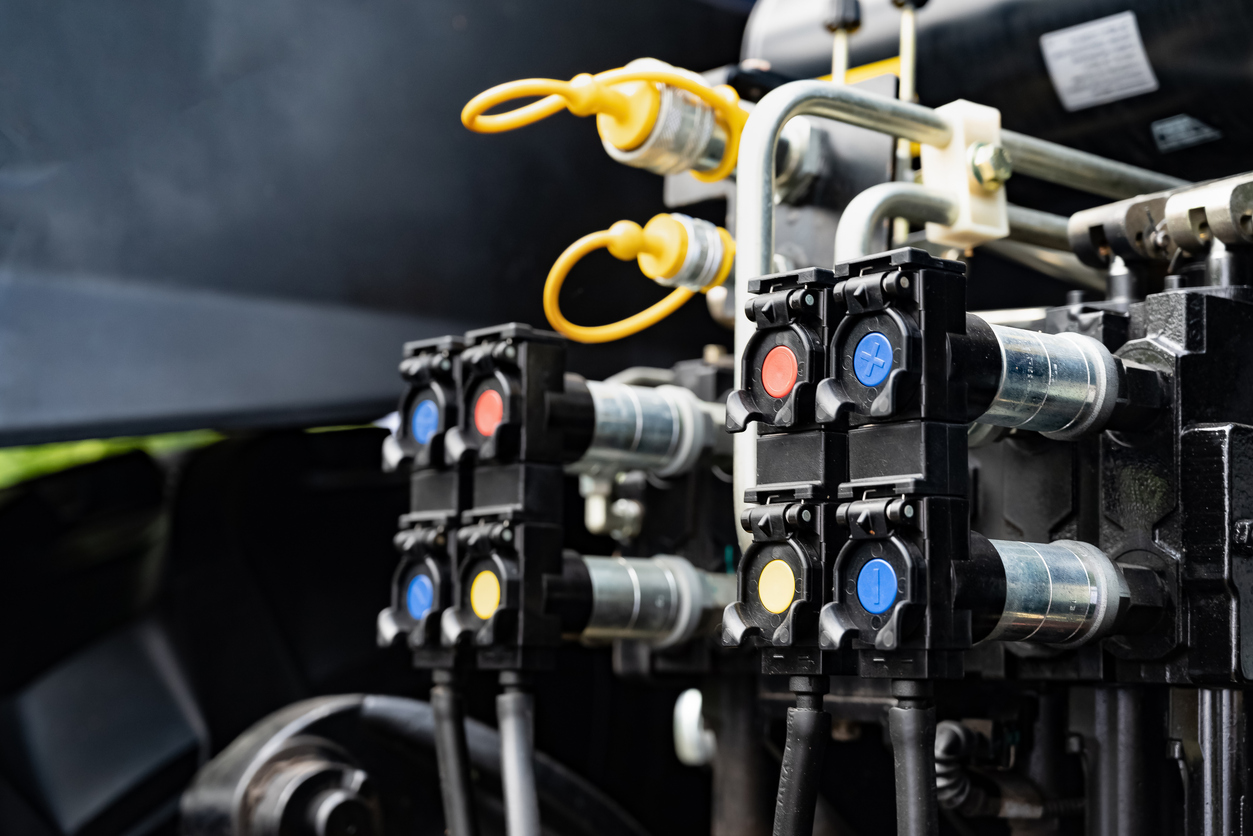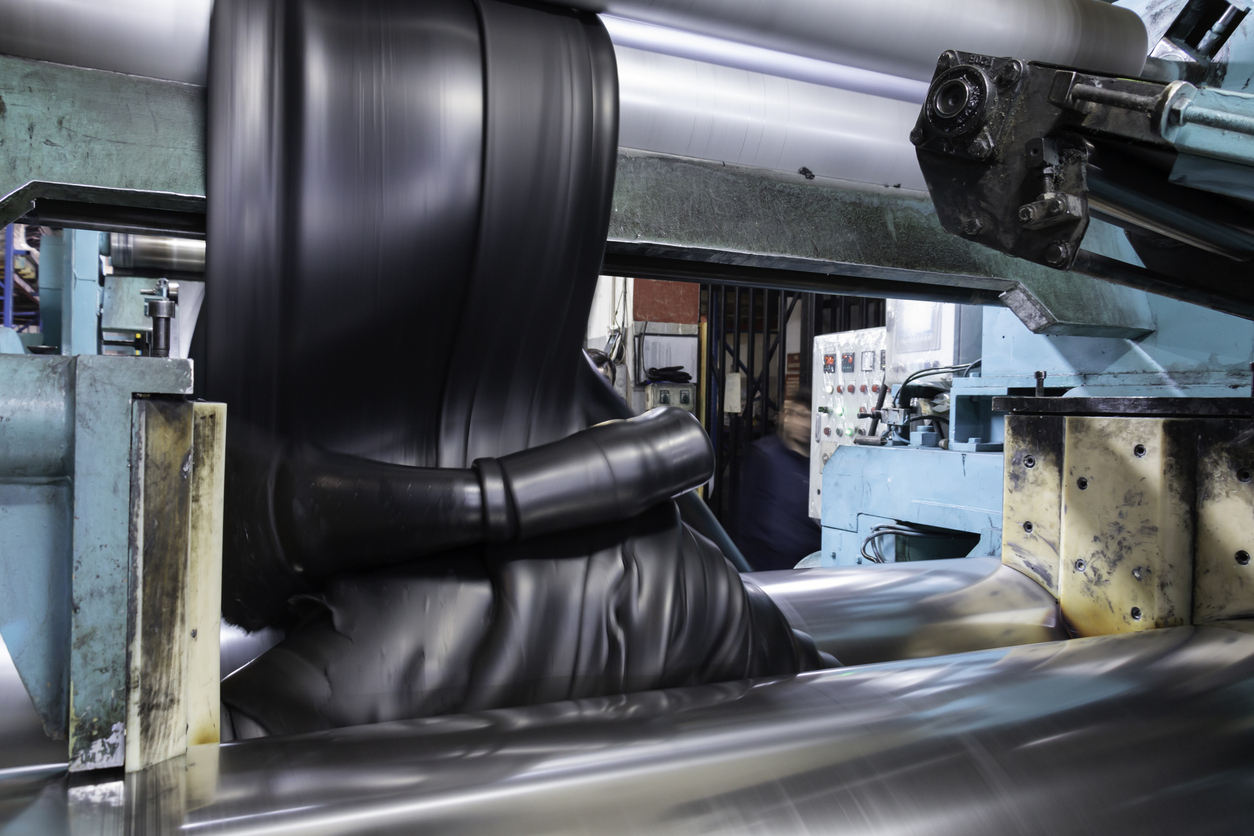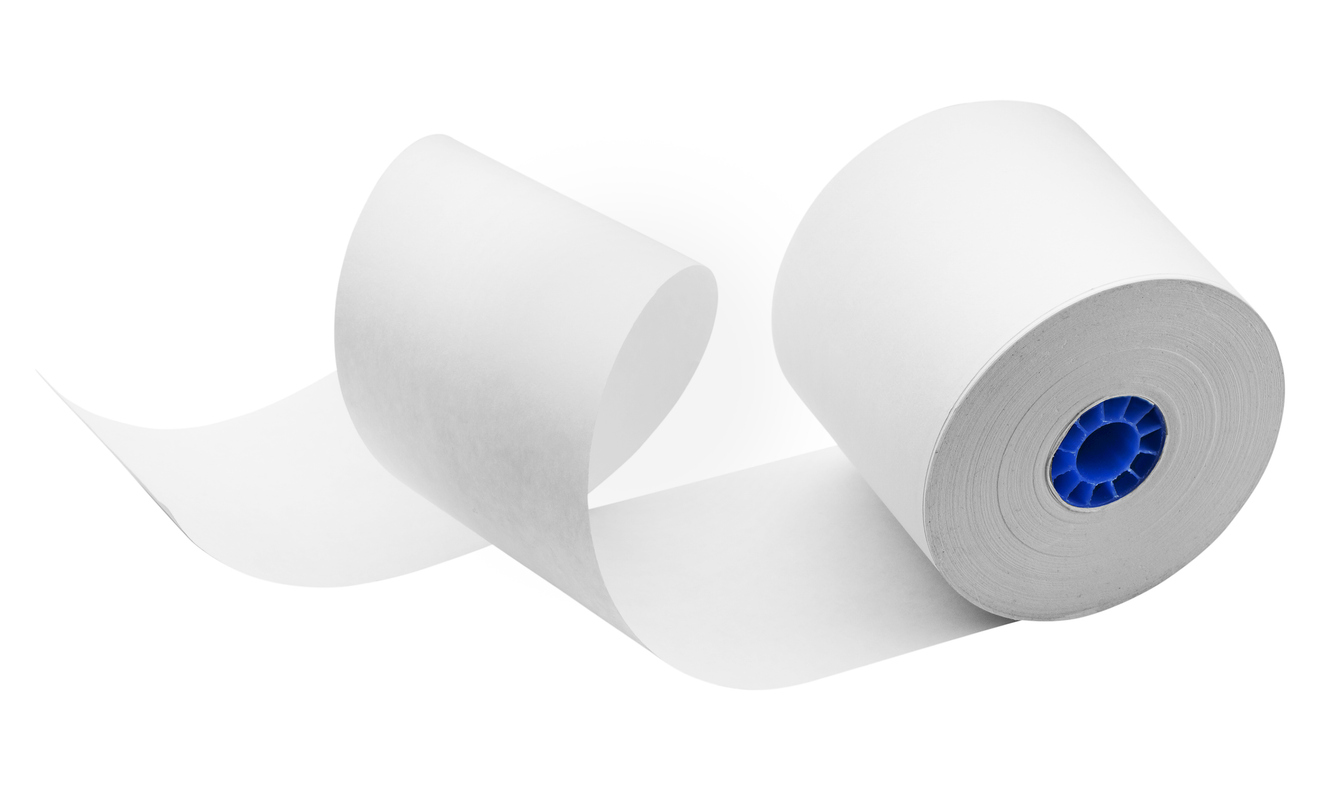Guide to Buying and Exporting Jute and Other Textile Fibers from Kenya
Guide to Buying and Exporting Jute and Other Textile Fibers from Kenya
Kenya is one of the world’s top producers of jute, which is a type of textile fiber that grows in abundance in this East African country. Jute has many industrial uses and is widely used for clothing and other textiles. Similar to many other countries, Kenya faces challenges related to production volumes, fluctuating prices and quotas on exports. These factors make it difficult for companies to invest in the jute industry or import jute from Kenya. However, these challenges also create opportunities for savvy entrepreneurs who are willing to take the necessary steps to buy and export jute from Kenya. This guide will give you all the information you need to start investing in or importing jute from Kenya by addressing common concerns, risks and costs involved with buying and exporting this product.
Step 1: Get to Know the Jute Industry in Kenya
Before you start importing jute from Kenya, it is important to get familiar with the jute industry in Kenya. This will help you understand the jute production process, weather trends and other factors that affect the jute industry in Kenya. The most important thing to consider is how Kenya’s weather affects production and prices. Jute is an annual crop that is planted in the rainy season (June to October) and harvested in March or April the next year. Kenyan farmers can produce around 1,500 tonnes of jute per month. Another thing to consider is the different types of jute products. Jute sacks, bales and bagged jute are the most common forms of jute. Jute sacks are made out of jute fibers that are woven and processed into strong, durable bags. Baled jute is a form of jute that is compressed into bales for easy and safe transportation. Bagged jute is a processed jute product that is stored and packaged in bags made from other materials.
Step 2: Determine Why You Want to Import Jute from Kenya
One of the first things you should do when starting to import jute from Kenya is to determine why you want to import this product. This will help you figure out what you should be looking for and the best ways to start your search. Some common reasons to import jute from Kenya include: – To produce jute-based products, such as bags or clothing – To use jute as animal feed – To use jute fibers or other jute products as raw materials in other industries Importing jute from Kenya can also be part of a larger supply chain. If you want to import jute from Kenya but don’t know what to do with it, you can use it as a bargaining chip to get your goods manufactured in Kenya.
Step 3: Assessing Risk When Exporting from Kenya
While jute is a profitable industry for Kenya, it also comes with certain challenges and risks. Some of these challenges include fluctuating production, market prices and import quotas. Fluctuating Production – The production of jute in Kenya is dependent on the availability of water. This is because jute is cultivated in wetlands and requires a lot of water. If there is less rainfall, production will go down. Market Prices – The market price of jute fluctuates due to supply and demand. To protect Kenyan growers and exporters, the Kenyan government puts quotas on how much jute can be exported. These challenges can be overcome if you are willing to accept slightly lower profits in exchange for a bigger profit margin.
Step 4: Finding the Right Supplier and Contracting for Services
Now that you have determined why you want to import jute from Kenya, it’s time to find the right supplier and negotiate terms. If you are importing jute from Kenya on a large scale, you may want to consider contracting suppliers for jute. This is a good idea if you want to reduce risks associated with export, increase profit margins and ensure that your supply chain is seamless. Before you enter into a contract with a supplier, it’s important to understand their business and make sure it is a good fit for your business. When searching for suppliers, think about the following: – Quality – Contractual Terms – Shipping Terms – Payment Terms – Country of Origin – Shipping Destination – Quantity – Price
Step 5: Ship and Export Jute From Kenya
After you have negotiated the price and terms with suppliers, it’s time to ship and export jute from Kenya. This step requires knowledge of how to ship goods from Kenya and export jute. In order to start importing jute from Kenya, you will need to do the following: – Register as an importer with the Kenyan Revenue Authority (KRA) – Document the goods with the Kenya Bureau of Standards (KEBS) – Find a shipping company – Find a licensed customs broker – Have your documents verified by the Kenyan authorities – Finalize the logistics of your shipment These are the basic steps you need to take when importing jute from Kenya. Keep in mind that the process may be more complicated if you are importing a different type of product. This is especially true if you are not importing a standard product used for everyday use.








LEAVE A COMMENT
You must be logged in to post a comment.